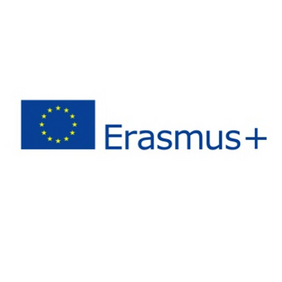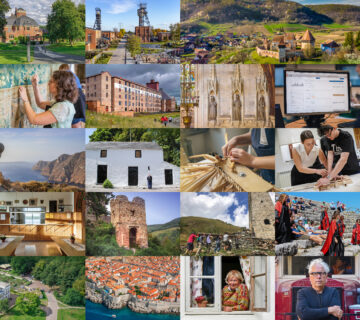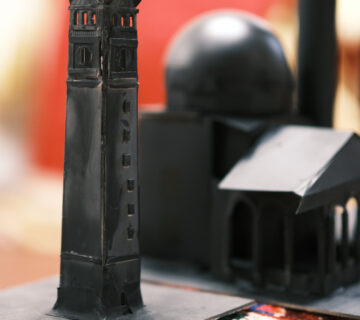When people undertake a trip to the country of their ancestors, it becomes even more meaningful when they have personal information about places that were important for their family. Genealogy helps to provide such information.
According to the Association for Heritage Interpretation (AHI), interpretation ‘enriches our lives through engaging emotions, enhancing experiences and deepening understanding of people, places, events and objects from past and present.’ (www.ahi.org.uk 2016) This is exactly what I do as a professional genealogist: I help my clients understand their past. As a genealogist I no longer search for names and dates only, I am looking for stories: who were our ancestors? where and how did they live? what kind of work did they do? what happened in their lives? were they involved in historical events? The answers to these questions do not only help people understand the life of their ancestors, they even help them understand who they are and why they do things the way they do them. Understanding their past is part of shaping their identity.
Genealogy and cultural heritage meet when people want to visit places that were important in their family history. Roots tourism is increasingly popular. And information about their ancestors makes a trip more meaningful. Let me give an example. I am currently working for a client in Australia. He and his 77-year-old father planned a visit to Amsterdam, where their (grand) father was born in 1889. They could have visited the city: see the canals, the old houses and churches, visit the museums. I am sure they would have had a lovely time. But they wanted to know more about their family history: where was the (grand) father born? what school did he attend? and where did his siblings live? My research revealed the exact address of their (grand) father’s birth house: Nassaukade 333. I found out that he studied at the ‘Amsterdamsche Huishoudschool’ to become a cook. Both buildings still exist and are located close to the famous Vondelpark. With this information they were able to visit ‘their’ house and the school.
When I sent my research report, which included images of birth and marriage records, photographs of the house and a couple of newspaper clippings, I received an email from my client. He wrote: ‘You have far exceeded our expectations. I know our journey will be all the more meaningful for us both due to your hard work. The report is not great, it is amazing! When I shared the information and the images with my father, he shed a tear. A rarity, indeed. Thanks so much again, John!’ At the time of the Interpret Europe Conference in Mechelen, father and son arrived in Amsterdam. Two days later they stood in front of the actual house. That evening, I received an email with a picture and only three words: ‘Terrific day, thanks’.
Where most heritage interpreters need to develop educational activities for bigger audiences, I often deal with only one person, my client, or maybe a family. The conference in Mechelen gave me the idea that genealogy can be seen as ‘heritage interpretation on a micro level’. Please let me know what you think of this idea.
John Boeren is an independent professional genealogist. His business Antecedentia (www.antecedentia.com) is based in Tilburg, the Netherlands. You can get in touch with him at research@antecedentia.com.
To cite this article:
Boeren, J. (2016) ‘Genealogy – heritage interpretation on a micro level’. In Interpret Europe Newsletter 2-2016, 11
Available online:
https://www.interpret-europe.net/fileadmin/Documents/publications/Newsletters/ie-newsletter_2016-2_summer.pdf




